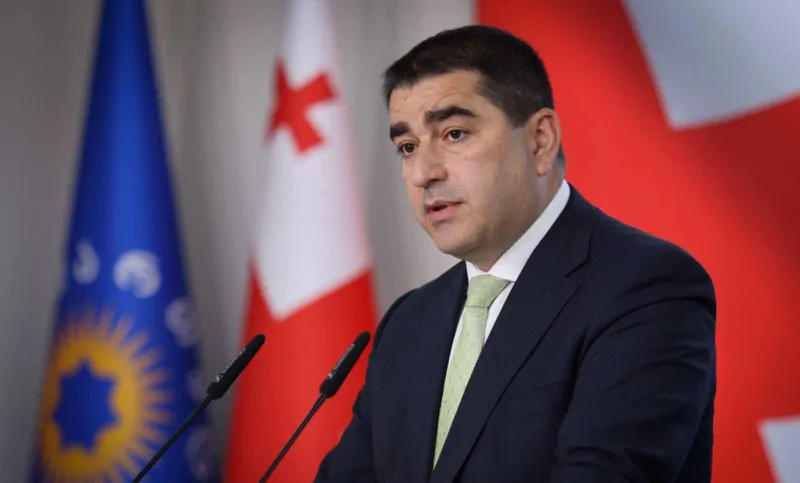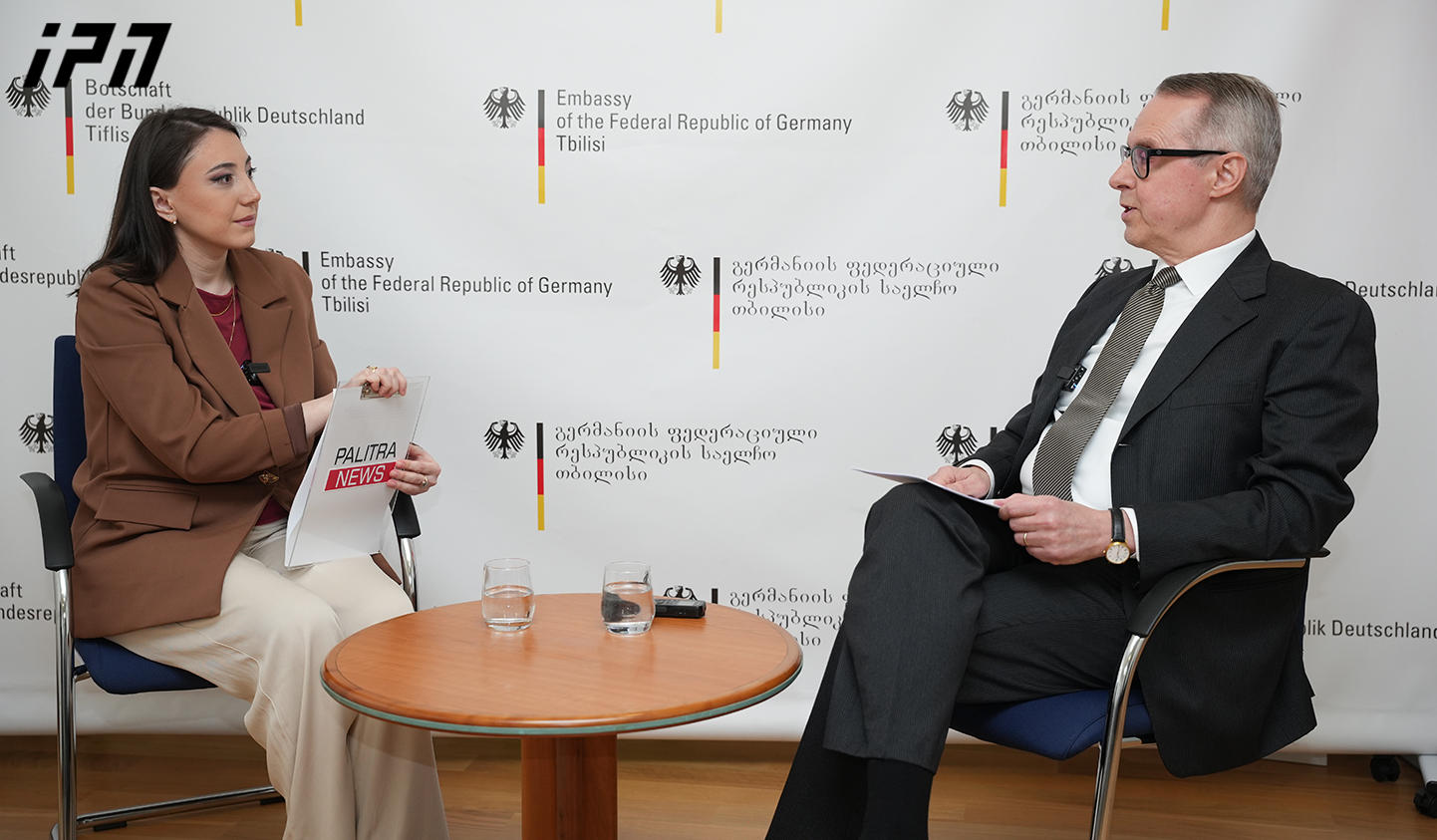Shalva Papuashvili refused to attend the meeting of the delegation of the chairmen of the Committee on Foreign Relations of the 8 countries of the European Union

The Chairman of the Parliament of Georgia, Shalva Papuashvili, refused to attend the meeting of the delegation of the chairmen of the Foreign Relations Committee of the 8 countries of the European Union.
According to Shalva Papuashvili, he explained the reason for the refusal to the delegation in writing, and he is publishing the content of the letter.
In particular, Papuashvili notes in his letter to the delegation that "despite the fact that the Georgian government remains committed to promoting dialogue with all relevant and interested parties of the European Union, it cannot respond positively to this intention to hold meetings".
According to him, some members of the delegation should not have any other expectations based on the unfriendly attitude towards Georgia that has been shown many times.
Papuashvili states that it is obvious that the main reason for the visit is political bias and everyone can see it.
"As it was publicly announced, these days, a group of parliament members from several countries is arriving in Georgia, which was joined by Lithuanian parliament member Žygimantas Pavilionis. This group also requested a meeting with me and the chairman of some committees of the Parliament, which I refused and explained the reason for the refusal in writing.
We offer a response letter:
"I was not surprised by the arrival of a delegation consisting of members of parliament from several EU countries. However, I was really surprised by the intention of some members of the delegation to meet with the political and parliamentary leadership of Georgia, despite their personal unfriendly attitude towards the Georgian government and Georgian society.
Although the Georgian government remains committed to promoting dialogue with all relevant and interested parties of the European Union, I cannot respond positively to this intention to hold meetings.
Some members of the delegation should not have any other expectations based on the unfriendly attitude towards Georgia that has been shown many times. It is obvious that the main reason for the visit is political bias and everyone can see it.
During the pre-election campaign, some members of the delegation and other foreign politicians constantly and purposefully violated Georgian legislation by conducting a public campaign against the ruling party of Georgia and supporting the opposition, thereby trying to illegally influence the will of the citizens.
Georgia's constitution and election legislation prohibit foreign interference in elections, which was grossly ignored. By directly participating in election-related processes, especially in anti-government protests, these politicians grossly violated the principle of non-interference, which is a fundamental norm of international law enshrined in the UN Charter, and questioned the essence of the rules-based international order.
This contributed to deepening the political polarization of the radical part of the opposition, which worsened the pre-election environment and created the perception of tension around the elections.
However, this is not the first time that some members of this delegation are engaged in spreading disinformation against the Georgian people. For example, the case of the campaign about the conditions of Mikheil Saakashvili's imprisonment, which was proven false by the European Court of Human Rights.
Supporting such false narratives and disinformation spread by radical political parties has tarnished Georgia's image abroad and undermined our population's trust in the goodwill of our Western partners.
These actions and unfriendly rhetoric contribute to the attempt to use the EU enlargement process as a weapon to further embolden the opposition, undermine confidence in the election results and undermine the legitimacy of the elections.
The unfriendly rhetoric and actions of some members of the delegation towards Georgia and its government, which we have witnessed during the last two and a half years, also hinder our efforts to maintain peace and democratic stability in Georgia.
It is impossible to present Europe as a project of peace and at the same time, in the name of Europe, sow chaos in the country.
Georgian society clearly responded to foreign interference in the October 26 elections, when "Georgian Dream" won another convincing victory.
Rejecting the elections and ignoring such a strong voice of the voters is the way that the opposition has been following for years and that the Georgian society has already got used to. However, when the Georgian society sees the rejection of democracy by European politicians, it damages the trust in the European Union.
Considering the above, I consider it impossible to agree to the received request.
At the same time, I would like to express respect to other members of the delegation and confirm the readiness to continue the dialogue within the framework of the fundamental principles and norms of parliamentary diplomacy, based on respect for equality and sovereignty," Papuashvili wrote on the social network.
